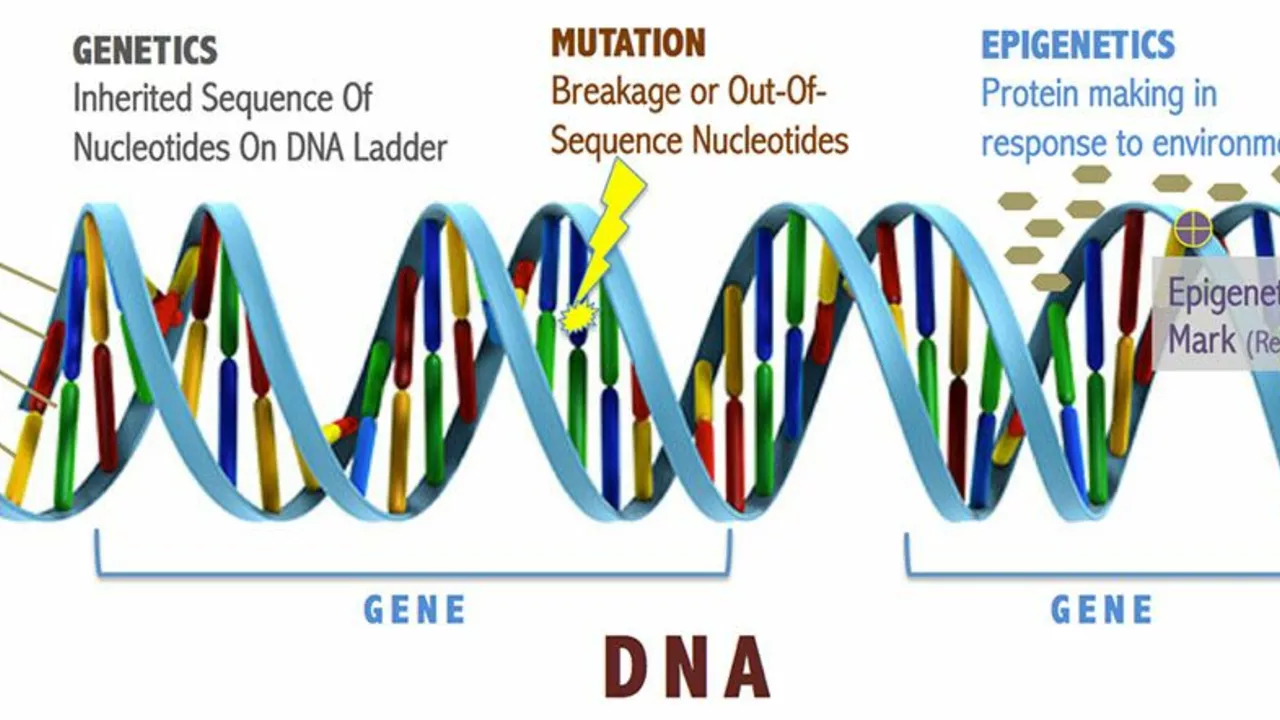How genetics changes the way medicines work — and what you can do about it
Ever take a drug that others say worked great for them but felt useless or hit you with bad side effects? Your genes might be the reason. Genetic differences affect how your body absorbs, breaks down, and reacts to medications. That means the same pill can be perfect for one person and a poor fit for another.
Real examples that matter
Some medications you probably know — like antidepressants (Effexor/venlafaxine), seizure drugs (Dilantin/phenytoin), or HIV meds (Sustiva/efavirenz) — are influenced by genetic variations. Enzymes with names like CYP2D6, CYP2C9, CYP2C19, and CYP2B6 handle drug breakdown. If your version of an enzyme works slowly, a normal dose can build up and cause more side effects. If it works too fast, the drug might not reach the level needed to help.
Not all drugs are affected the same way. For example, clopidogrel (a blood-thinner) needs activation by certain enzymes, so some people get less effect and more risk. Prasugrel, in contrast, is less affected by those same gene differences. Knowing which category a drug falls into helps your doctor choose safer options.
Practical steps you can take
Want to use this info without turning your life into a lab experiment? Here are clear things you can do. First, ask your doctor or pharmacist if the drug you’re prescribed has known genetic interactions. Say something like, “Does my genetics matter for this medicine?” That straightforward question often gets a useful answer.
If the answer is yes, consider getting a pharmacogenetic test. These tests look for common variants in genes that affect drug metabolism. You can get them through some clinics, pharmacies, or direct-to-consumer labs. Bring the results to your doctor — they can adjust doses or pick a different drug based on the report.
Keep your records: store any genetic test results where future prescribers can find them. Genetics rarely changes, so one test can help for many future prescriptions. Also, be mindful of privacy: ask how your data will be stored and shared.
Small changes matter. If you’ve had bad reactions before, mention family reactions too — patterns run in families. When starting a new med that could be affected by genes, ask about starting at a lower dose, closer follow-up, or an alternative drug. Don’t stop or change doses on your own.
Genetics won’t answer everything, but it can cut down guesswork. On this tag, you’ll find articles about common meds, dose guides, and safer alternatives — all filtered through the lens of how individual biology changes outcomes. Use that info to have better talks with your doctor and get medicines that actually work for you.
- Colin Hurd
- Jul, 26 2023
- 13 Comments
The Role of Genetics in Hearing Difficulty
In my latest blog post, I explored the important role genetics play in hearing difficulty. I found that certain genes, when mutated, can lead to various forms of hearing loss. Through my research, it became evident that hearing problems can indeed run in families, reinforcing the genetic link. It's exciting to see how scientists are using this knowledge to develop potential treatments. It's a complex topic, but understanding the genetic factors can provide crucial insights into hearing problems.

